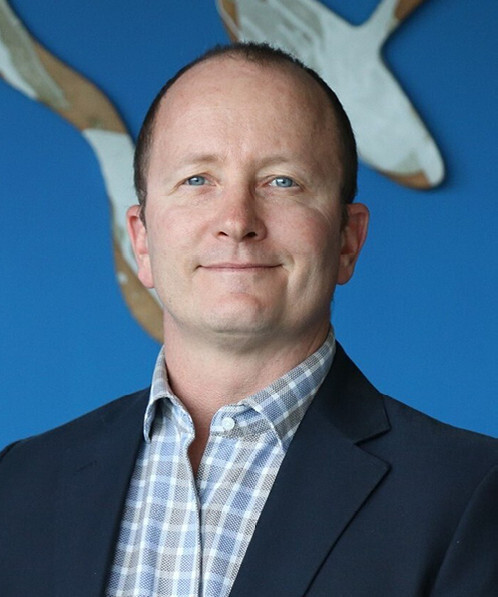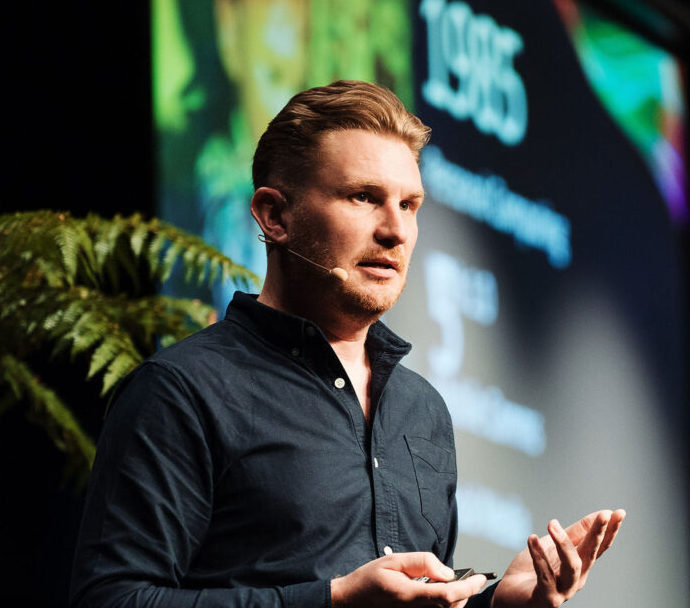NZIAT Application | Transforming Education Through World-Leading AI Research
An AI Operating System for Education

Project Overview
A national research and innovation platform that will transform how New Zealand learns, teaches, and builds future workforce capability.
This isn't about adopting existing AI tools. This is about creating fundamental breakthroughs in adaptive learning, cultural responsiveness, and pedagogical AI that position New Zealand as the global leader in ethical, inclusive, and scalable AI for education.
The Challenge
New Zealand invests $4.2 billion annually in vocational and tertiary education, yet:
- Completion rates remain at 55-60% (even lower for Māori and Pasifika at 45-50%)
- Skills mismatches cost the economy $1.2 billion annually
- Traditional education systems cannot deliver the personalised learning today's learners need
- Completion rates remain at 55-60% (even lower for Māori and Pasifika at 45-50%)
- Skills mismatches cost the economy $1.2 billion annually
- Traditional education systems cannot deliver the personalized learning today's learners need
- International competition in education technology is leaving NZ behind
- Completion rates remain at 55-60% (even lower for Māori and Pasifika at 45-50%)
- Skills mismatches cost the economy $1.2 billion annually
- Traditional education systems cannot deliver the personalized learning today's learners need
- International competition in education technology is leaving NZ behind
The Vision
Create an AI Operating System for Education that:
- Personalises learning for every New Zealander - understanding their context, culture, and capabilities in real-time
- Empowers educators by shifting from labor-intensive to adaptive, data-driven teaching - creating time for creativity, wellbeing, and innovation
- Establishes global leadership in culturally-grounded AI that respects te reo Māori and Pacific pedagogies
- Drives economic impact through improved completion rates, new frontier firms, and export opportunities
What Makes This Different
- Adaptive Learning Architectures
- Cultural AI Intelligence
- Predictive Learning Analytics
- Federated Research Network
Our Collective Approach
Our Consortium: A National Ecosystem for AI Education
The SupaHuman AI R&D Platform brings together New Zealand's leading organisations across four critical partner groups, creating an unprecedented collaboration that spans the entire innovation pipeline—from research through to commercial deployment.
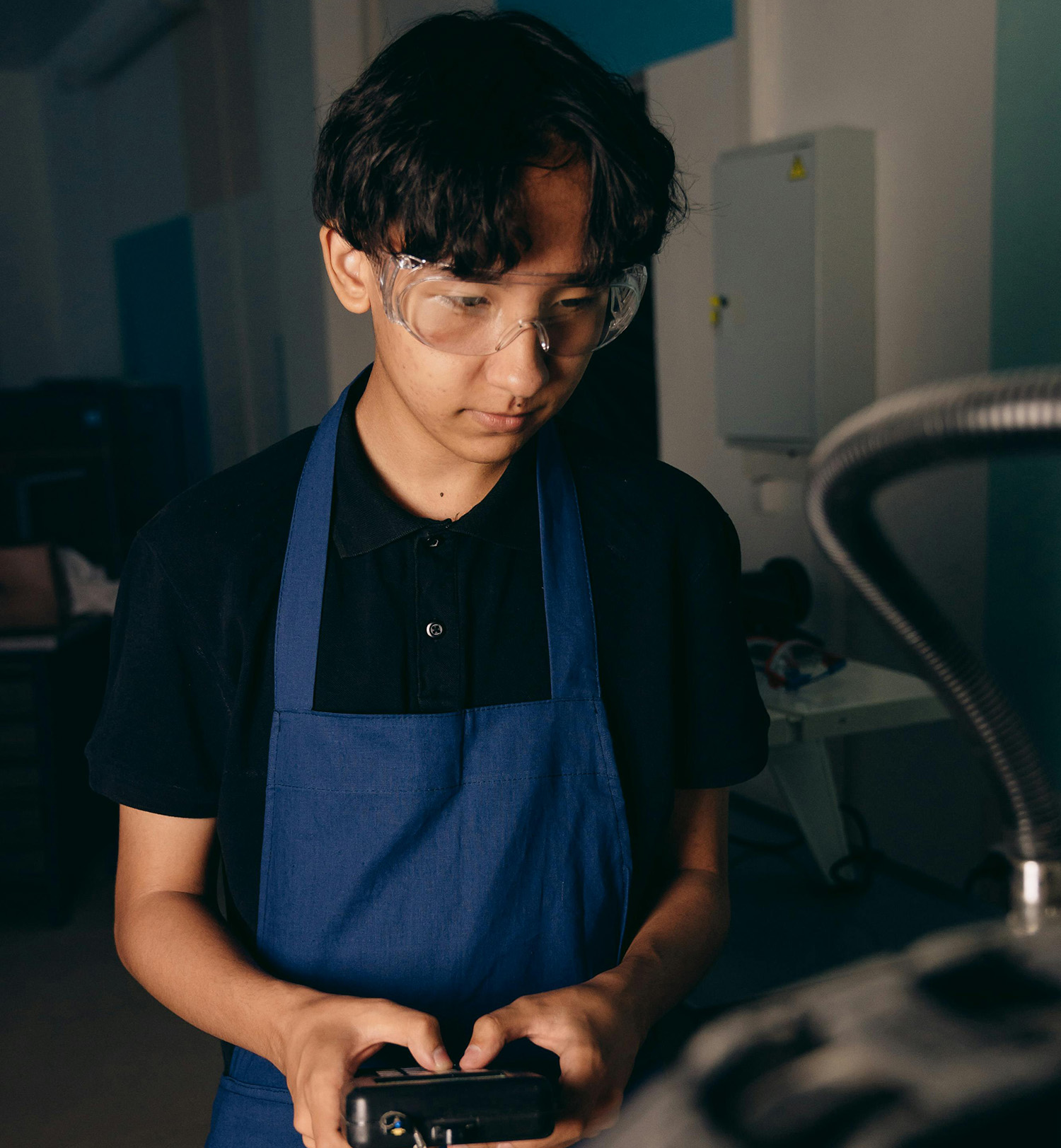
Voctational Education Partners
Building the foundation for AI-enhanced learning
Our vocational education partners are the proving ground where research meets real learners. These organizations provide:
- ITENZ – IT professional training
- Competenz – Engineering and manufacturing sectors
- Mast Academy – Māori/Pasifika vocational education
- Skills4Work – Vocational pathway specialists
- QTI – Nationwide network of major PTE's
- Direct access to 50,000+ learners across diverse vocational pathways
- Real-world testing environments for adaptive learning technologies
- Authentic feedback loops from educators and learners
- Cultural context for Māori and Pasifika learning approaches
Industry Deployment Partners
Translating research into scalable solutions
Our deployment partners bridge the gap between prototype and production, providing:
- EdTech NZ – National coordination and industry access
- AI Forum New Zealand – Access to Kāhui Māori Ātamai Iahiko for cultural AI guidance
- Microsoft, Google and AWS
- Technical infrastructure for platform development
- Industry expertise in education technology
- Coordination across the education sector
- Access to national networks of training organisations


Commercialisation Partners
Turning innovation into frontier firms
Our commercialisation partners ensure that research breakthroughs become sustainable businesses:
- NZTE – Export development and market access
- Callaghan Innovation – R&D commercialisation support
- Venture capital firms (5+ partnerships to be established by Year 3)
- Export pathways for NZ education technology
- Investment connections to venture capital and growth funding
- Market validation in ANZ and Asia-Pacific markets
- Commercialisation expertise for technology startups
International Partners
Connecting NZ innovation to global markets
Our international partners provide the global context and connections essential for world-class research:
- EduGrowth (Australia) – ANZ's largest edtech association
- International AI research institutes (3+ formal agreements by Year 2)
- Global cloud providers (Google, AWS, Microsoft)
- Leading education technology platforms for benchmarking
- Access to 200+ education organisations across ANZ
- International validation and export pathways
- Research collaboration with leading universities
- Investment showcases connecting to Asia-Pacific markets
- Benchmarking against global education technology platforms

AI that works for Aotearoa... and beyond
This platform unites New Zealand's leading researchers, educators, industry, and international partners in an unprecedented collaboration:
Deep Research Capability
15 PhDs + 20 Postdocs + 40+ Researchers
Building New Zealand's first dedicated AI education research institute with talent from AUT, University of Auckland, and international partners—creating the critical mass needed for breakthrough innovations.
Immediate Market Access
Contracted Partners + Nationwide Deployment
Committed partnerships with QTI and ITENZ + contracted enablement customers from major PTE's across a range of industries and Workforce Development Councils, to transform vocational education at national scale.
Proven International Connections
200+ Organisations, 5+ Countries
Already-established membership in EduGrowth (Australia's largest edtech network) plus partnerships with Microsoft, Google, AWS provide the infrastructure and market access for global competitiveness.
Our Partners
Our Consortium Partners

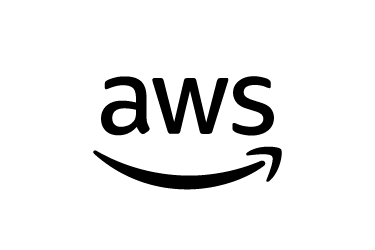

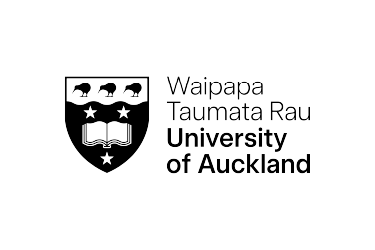
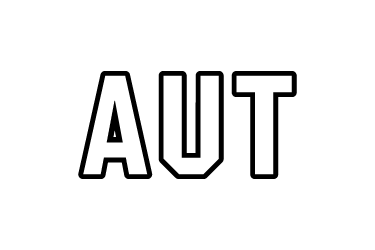

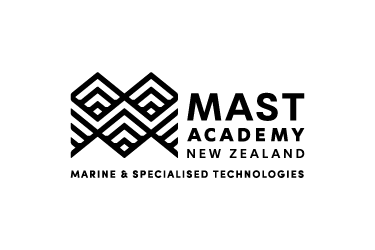

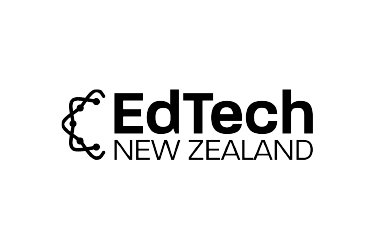
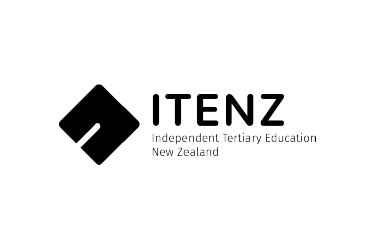

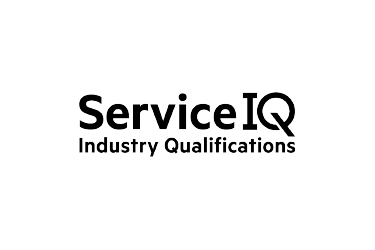
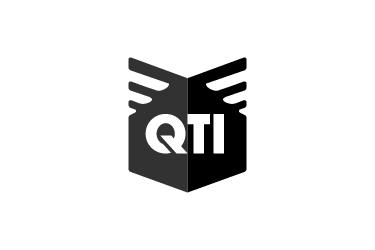
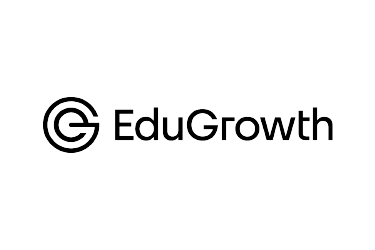
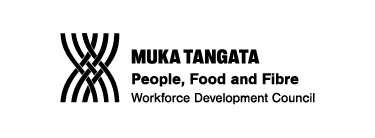
Ready to partner with SupaHuman? Get in touch!





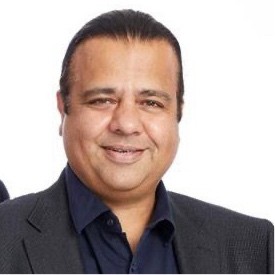
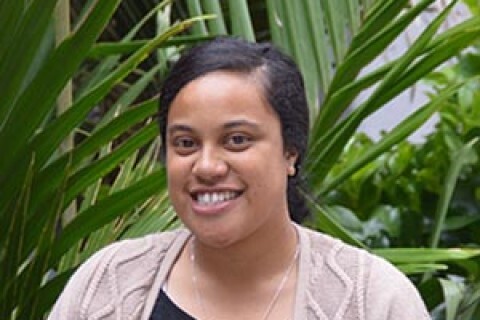
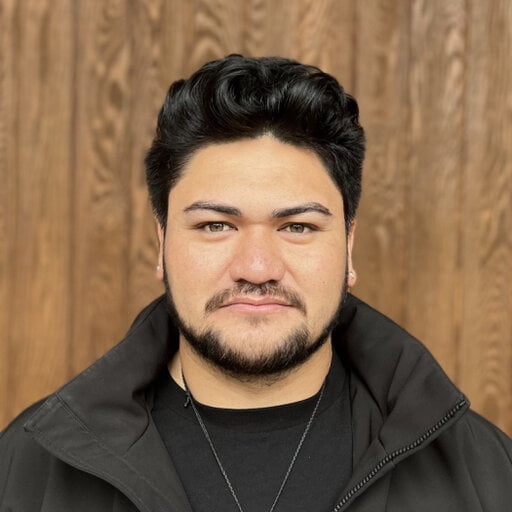
.jpg)
